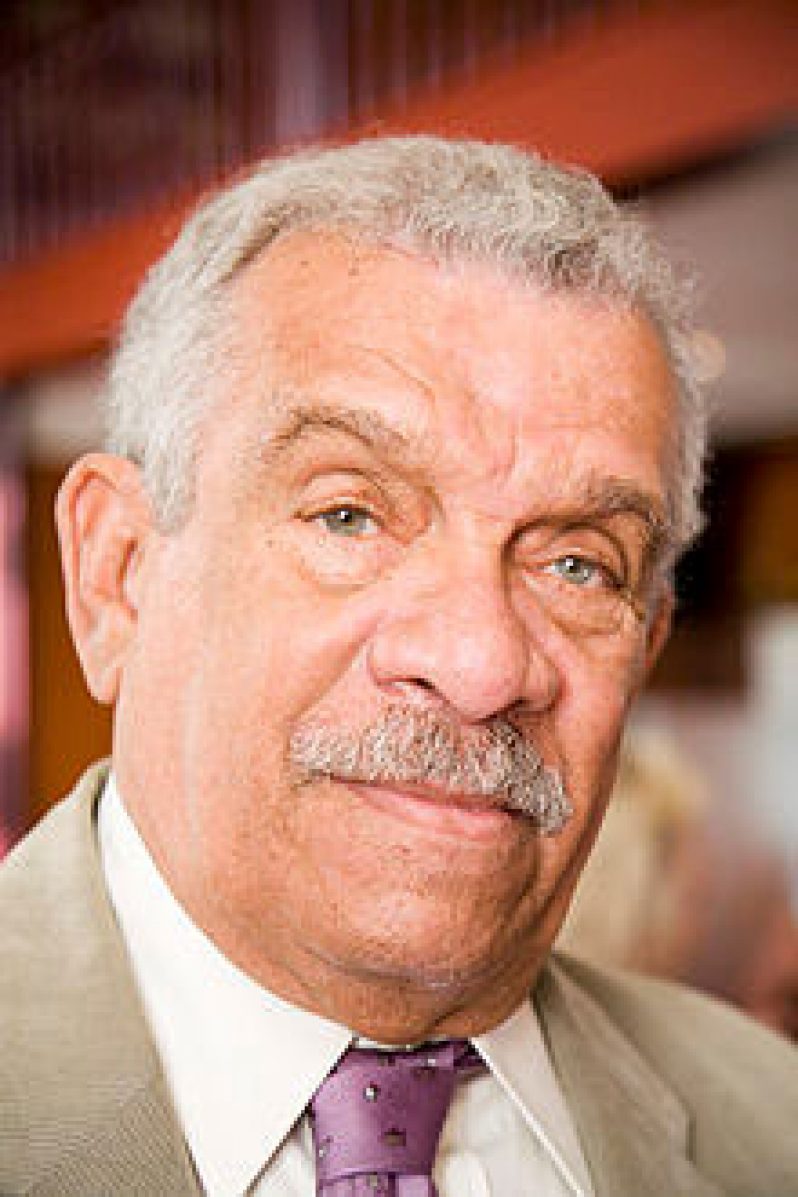
Can a writer say that he or she writes about the Caribbean if he or she was not influenced by Derek Walcott? Can someone say that he or she enjoys Caribbean literature if he or she has never read Walcott? Derek Walcott is so embedded in the literature of the region, so much a part of it that were his oeuvre of works removed from the canon of Caribbean writings, there would be a hole so wide, so full of emptiness, and silent, that we, the readers and those in academia, would become forever lost in it. Walcott gives us something to walk on; he gives us support. His poems lead us to the ledges and nooks and crannies and offer us up to other writers in the region. His plays pull us out of the chasms and lead us towards the light in which his and our fellow West Indian writers bathe.
What is Caribbean literature without Walcott? And what does it mean for the region now that he is no longer with us? These are questions that we will need to address in the years to come. For now, it is enough that we mourn the loss of one of the greatest poet/playwrights who ever lived and we join the rest of the world in turning to his work for solace, for comfort and for the memories of when we first discovered and fell in love with the literature of Derek Walcott – the man whom Bulgarian writer and critic, Maria Popova, describes as being “a writer of such extraordinary prowess that his 1992 Nobel Prize in Literature appears a wholly inadequate measure of his mastery and mesmerism.”
When the news broke early on Friday, 17th March, there was an immediate outpouring of tributes, and in these displays of affection, one poem rose to the top, one that for some reason began to connect and resonate with everyone on that day. This poem was Walcott’s short but affecting “Love After Love.”
The poem appears to be a simple one, written in an easy free verse that conveys the calm nature of the message at its centre. The poem flows as you read it, like a soft breeze, emphasizing that this poem is one that is meant to be soothing, reassuring, and gentle. Walcott writes that “The time will come / when, with elation / you will greet yourself arriving / at your own door, in your own mirror / and each will smile at the other’s welcome.” These lines could be an indicator that in every individual’s life, regardless of all that has happened, there will eventually come a moment when one recognizes him/herself as being all he or she wants to be – regardless of what that is: to be beautiful, to be successful, to be loved, or to just be enough.
The important thing that Walcott is imparting in these lines is the fact that the recognition and the act of seeing oneself as one wishes to be seen comes not from someone else, not through the eyes of a lover or a friend or family, but from one’s self. Indeed, as the saying goes, one must love oneself before one can love anyone else – and one meaning present in this poem is coming to terms with the self; self-love that come from within, from accepting one as an individual that is as the individual would wish him/herself to be.
Walcott further writes that, “You will love the Stranger that was yourself”, a line which underscores this idea that before one can accept and love him/herself there must be an awareness of the way the self was once treated – as a stranger – and that in order to heal it is necessary to banish the idea of treating the self as a stranger and to treat the self as one would an old friend or family. “Give wine. Give bread. Give back your heart to itself…” Walcott writes, showing the self must be nurtured and loved before it can become whole again, before it can smile again, before it can be happy again.
Sometimes there are people who hinder us from accepting and loving ourselves and this scenario is represented in the lines where Walcott’s persona says: “Take down the love letters from the bookshelf / the photographs, the desperate notes…” Why does the persona say to do this? To destroy or discard them? That is certainly one interpretation that can work, since discarding mementoes from people we have loved is a symbolic gesture of moving the love we have to give from other persons and objects and redirecting that love to ourselves.
“Love After Love” is a strong and eloquent poem. Readings on the internet abound as everyone from Oprah Winfrey and Tom Hiddleston to Linton Kwesi Johnson has given it a shot. It is enduring and deep and important and it is one of the many, many joys built from words that have been left to us by the icon of West Indian literature named Derek Walcott.












